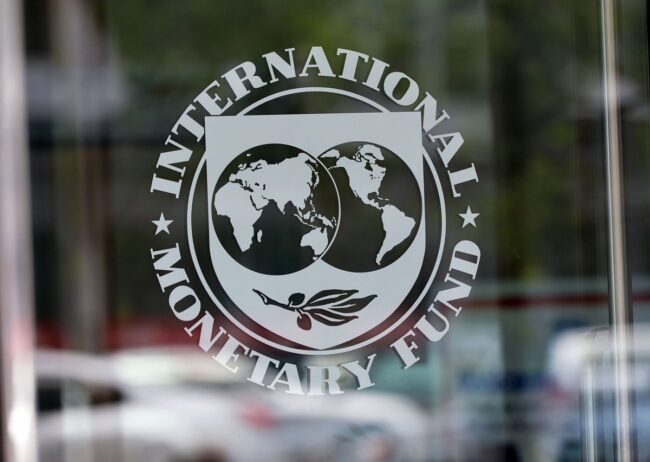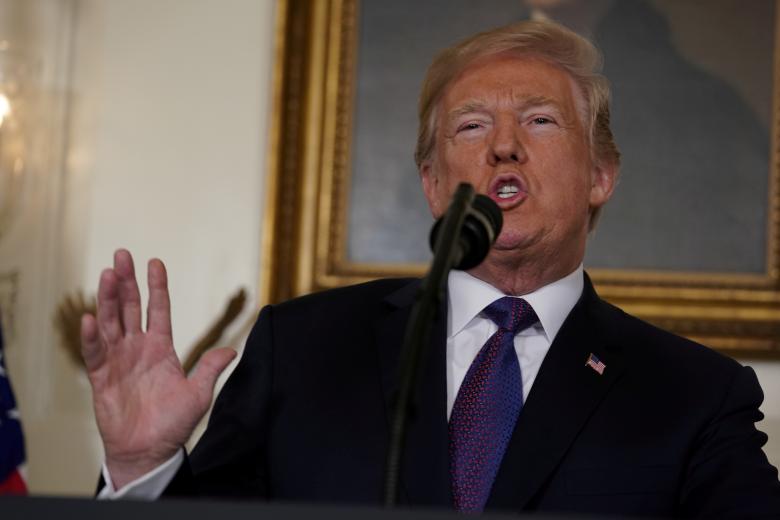The International Monetary Fund (IMF) says major policy adjustments embracing broad market and exchange rate reforms are needed to address Nigeria’s recurrent Balance of Payments (BOP) pressures and raise the medium-term growth path.
In a statement issued on Friday, at the end of its 2020 article IV mission to Nigeria, IMF said the adjustments in the official exchange rate made earlier this year is a step in the right direction, but recommends a multi-step transition to a more unified exchange rate regime, with a market-based, flexible exchange rate.
IMF noted that significant revenue mobilization through tax policy and administration improvements are required to create space for higher social spending and reduce fiscal risks and debt vulnerabilities.
It commended the Nigerian authorities for undertaken timely measures to counter the COVID-19 pandemic impact on lives and livelihoods, but noted that “but more needs to be done”.
Advertisement
“The authorities have also taken courageous steps to remove costly and untargeted subsidies in the power sector, which were largely benefiting better-off households,” the statement said.
“The mission also welcomed fiscal transparency measures introduced to facilitate tracking and reporting of budget emergency funding. New budget lines have been created, with information on monthly expenditures using emergency funding posted on the ministry of finance’s transparency portal.
“The mission welcomed the recent submission of the Petroleum Industry Bill (PIB) to the parliament. The fiscal framework chapter of the bill appropriately rebalances the government take in onshore/offshore production, with the aim of providing a fair share to the government while remaining attractive to investors.
Advertisement
“The mission agreed with the CBN that the accommodative monetary stance remains appropriate in the near term given the constrained fiscal space, large fiscal financing needs and strained sovereign external market access.
“While the banking sector has been resilient thanks to the ample pre-crisis buffers, the mission recommended vigilance and corrective actions to prevent an increase in financial stability risks arising inter alia from increasing non-performing loans.
“On the structural front, the approval of the power sector recovery program financing plan, the ratification of the African Continental Free Trade Area (AfCFTA), and the completion of key road projects are positive steps. Going forward, the mission recommended decisive actions to tackle governance weaknesses and implement regulatory and trade-enabling reforms, including the lifting of trade restrictions, to unlock Nigeria’s strong growth potential.”
It welcomed this year’s reduced dependence on central bank financing of the budget and recommended its complete removal in the medium term.
Advertisement







